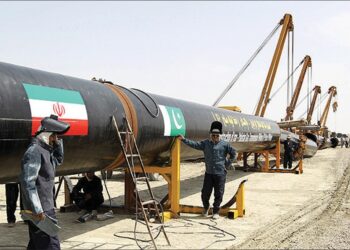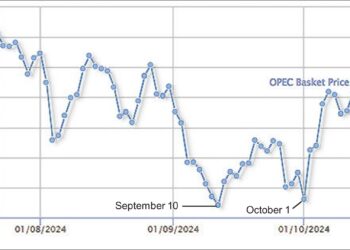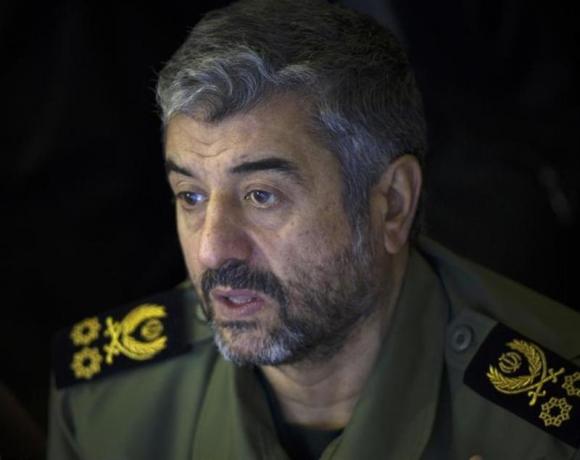December 20-2013
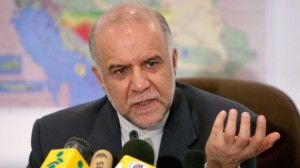
. . . invites US in
Oil Minister Bijan Namdar-Zanganeh says he wants two American oil firms—Chevron and ConocoPhillips—to come work in Iran after the nuclear issue is resolved.
It wasn’t clear if he was really serious about that or if he was just trying to get US oil firms to lobby Washington to reach a settlement with Iran. However, American oil firms are viewed very highly in the Iranian industry for their technology and efficiency—and perhaps because their absence for a third of a century has made Iranian hearts grow fonder of them.
At the end of last week’s OPEC meeting, Zanganeh met with foreign reporters and was asked what companies he would like to see working in Iran once the country opens up again after the nuclear issue is settled.
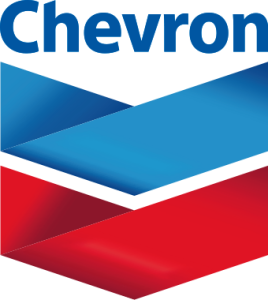 Zanganeh then rattled off a list of seven firms by name, indicating he had been thinking before about the firms he wanted to work with.
Zanganeh then rattled off a list of seven firms by name, indicating he had been thinking before about the firms he wanted to work with.
He named four big European companies, all of which had worked in Iran before they were forced out by EU sanctions: Total of France; Royal Dutch Shell, an Anglo-Dutch firm; ENI of Italy; and Statoil of Norway.
Then he cited BP, which is the current name of what was originally the Anglo-Persian Oil Company that started the Iranian oil industry more than a century ago. BP was in Iran until the revolution, but did not return with other European firms in the 1990s when President Rafsanjani re-opened Iran to foreign oil companies. Zanganeh did not say what attracted him to BP.
And Zanganeh named Chevron and ConocoPhillips. He did not say why he chose them over a multitude of other US oil firms. But both of those firms wanted to re-enter Iran in the 1990s.
In March 1995, Iran issued its first oil contract of the post-revolution era to Conoco, a move widely seen as an effort by Rafsanjani to make peace with America. But in the United States, there was a huge anti-Iran public outcry denouncing the contract. It shocked politicians because it was  spontaneous and not sparked by a political party or organization. President Bill Clinton sensed the public fury and announced he would bar the contract by executive order. Conoco also sensed the public fury and said it was dropping the contract. Clinton then issued an executive order barring all US oil firms from working in Iran. That order still holds.
spontaneous and not sparked by a political party or organization. President Bill Clinton sensed the public fury and announced he would bar the contract by executive order. Conoco also sensed the public fury and said it was dropping the contract. Clinton then issued an executive order barring all US oil firms from working in Iran. That order still holds.
Back in Tehran, Zanganeh spoke of the new contract terms Iran is developing for oilfield work. He told reporters that he felt very strongly about supporting domestic firms making oilfield equipment. He complained about Iranian oil firms that do not want to use locally made equipment.
But Iran’s requirement to use Iranian-made equipment is one of the major complaints that foreign firms had when they were working in Iran. Some officers of foreign firms have said they would oppose returning to Iran as long as the stiff requirement to buy Iranian-made products remained in force.
















